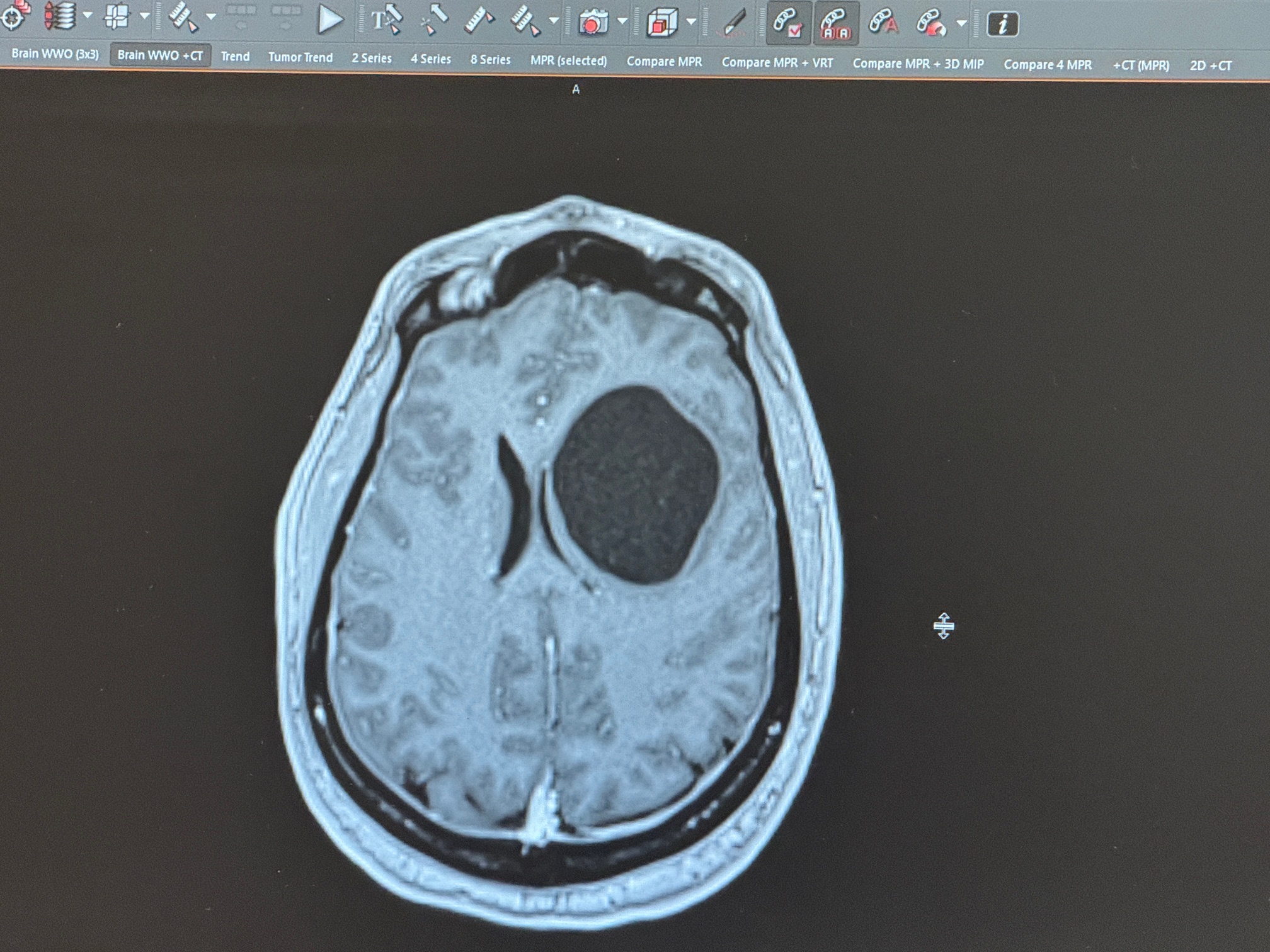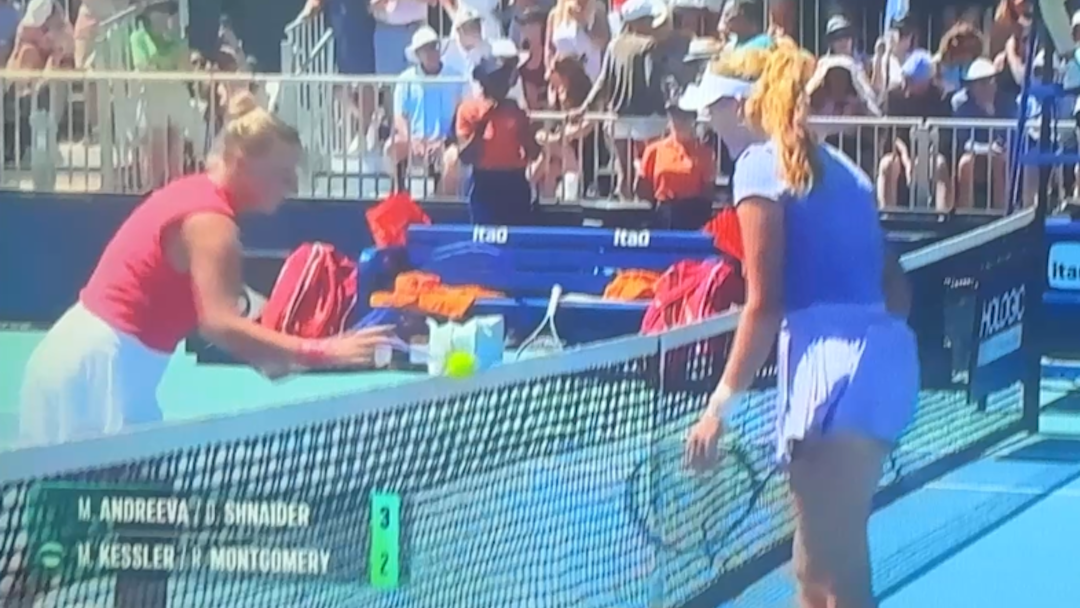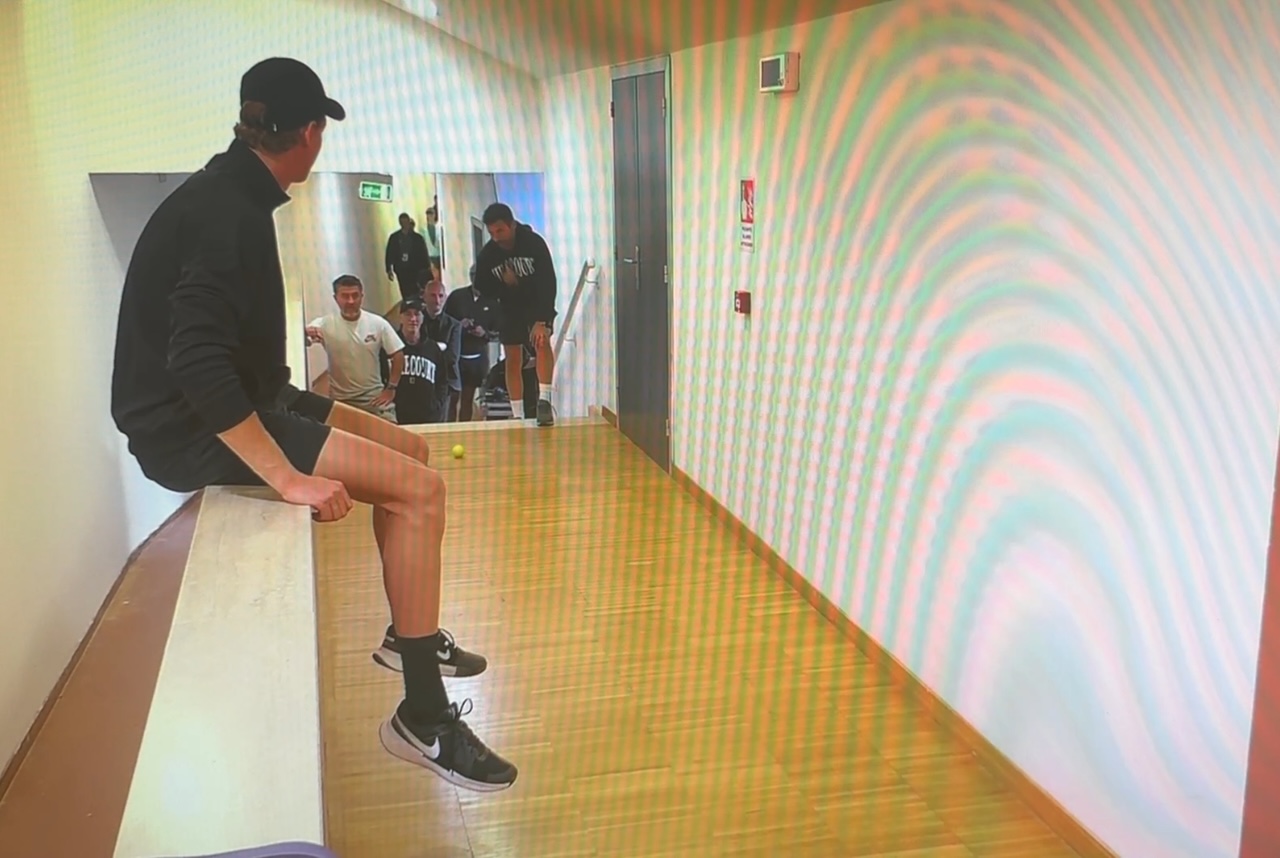Fiend at Court Unplugged
I first wrote about the decline of the tennis culture in my hometown in “Life on the Border: Tennis Wastelands.” Wichita Falls used to be a hotbed for tennis, but that simply isn’t the case anymore. While the umpire who gave birth to me continues to recover from the injury she sustained shortly before Thanksgiving, I have been spending a lot of time in my childhood home. For someone who spent 35 years away, the decline in participation is jarring.
I am lucky. My tournament friends from Wichita Falls have been gracious in arranging match play. I joined the Country Club and recently played a pro-am tournament with players off the tennis team from the local college. They have three indoor courts… an innovation that did not exist when I departed this town 35 years ago for college. I am becoming acquainted with the club’s commercial grade ball machine.
At the same time, it makes me sad to drive past the public tennis centers on my way to my new club digs. One tennis center has essentially been shuttered. The other is open, but operates with limited hours on the weekends and doesn’t work with my schedule very well. The Fiend at Court spousal unit and I hit several times at the one tennis center that is still open. There are not a lot of ways to engage in tennis for someone without deep connections to the area.
Somewhere a long the way there was a collective policy decision in Wichita Falls that tennis courts be locked up when not in use. That creates a barrier to entry for people outside of the tennis ecosystem to even casually play tennis. As a tennis community we simply have to get prospective players through the door. I drove all over town trying to find unlocked courts that could be used when the lone tennis center in town is closed. Casual players probably are not going to go to those lengths.
When I originally wrote “Life on the Border: Tennis Wastelands, ” I asserted that playing tennis should not be an urban privilege for the people who happen to live in or near the larger metropolitan areas. I would extend that statement to include people who can afford to join a Country Club in when that is required to engage in meaningful structured tennis.
As the USTA continues to rethink the engagement model for tennis, it has to include a way to attract, retain, and grow tennis participation in all parts of the country. There is currently a push to increase the number of teaching pros by the USTA. There also needs to be a push to unlock existing courts, offer free (or heavily subsidized) beginning tennis lessons, and increase programming that encourages casual players to transition into the tennis eco-system.
Otherwise, more and more of us will find ourselves waking up in tennis wastelands.



